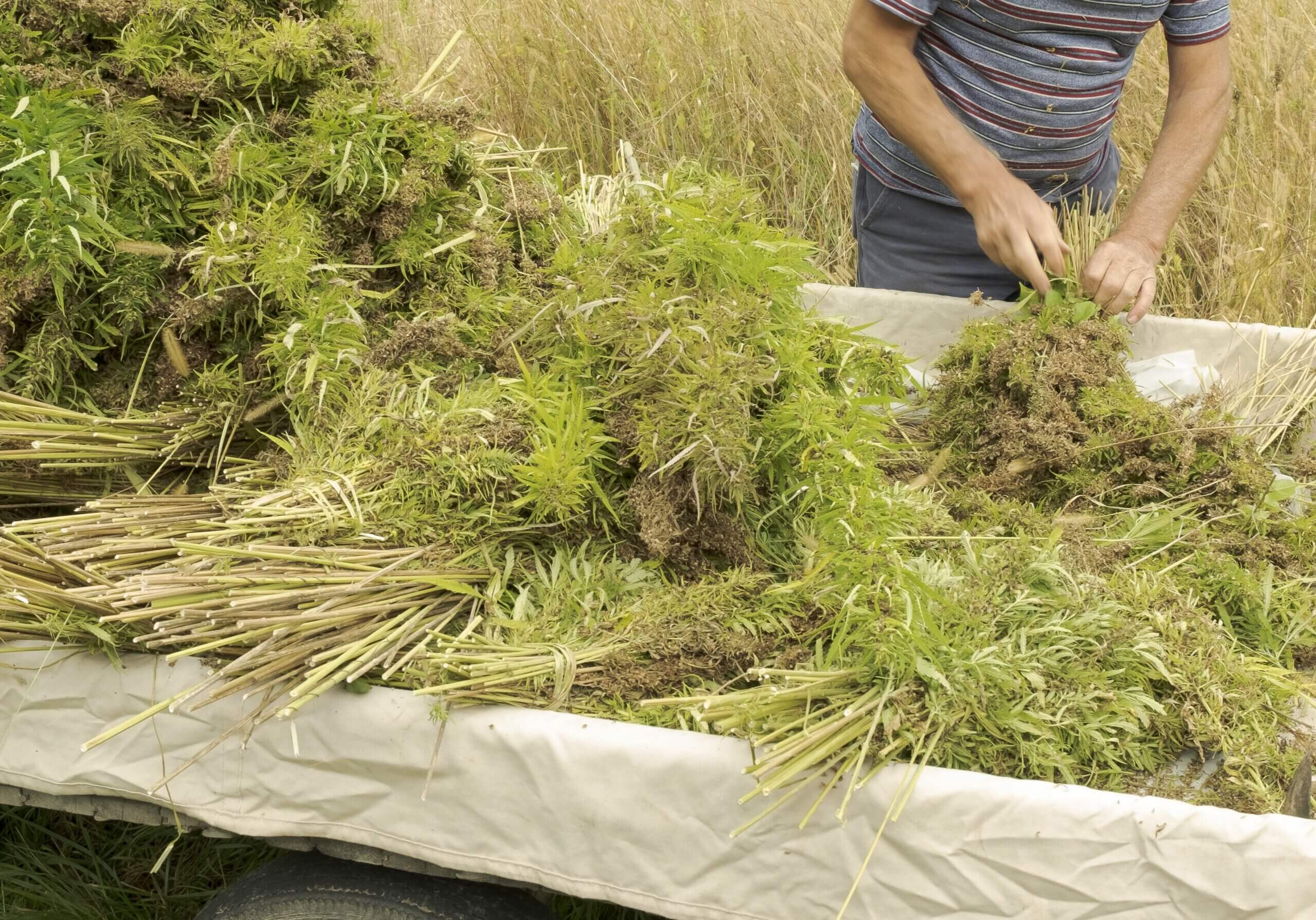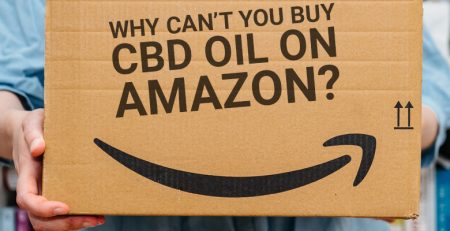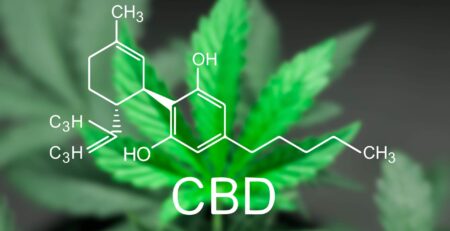The Federal Farm Bill, Hemp Legislation & CBD
(Photo: Professional farmer tying bundles of freshly harvested hemp stalks: Industrial hemp cultivation)
President Donald Trump just made hemp legal in all 50 states. The 2018 Farm Bill Trump signed in mid December allows for hemp cultivation and the transfer of hemp-derived products across state lines for commercial or other purposes.
The Feds have removed all restrictions on the sale, transport, or possession of hemp-derived products produced in a manner consistent with the law. This means life for sellers of Cannabidiol, better known as CBD, just got a lot easier.
Hemp and marijuana are both Cannabis plants, but hemp has less than 0.3% of THC, the psychoactive chemical that gets folks high. Marijuana has between 5-35% of THC. In short, hemp can’t get you high. For decades, federal law did not differentiate hemp from other cannabis plants, all of which were effectively made illegal in 1937 under the Marijuana Tax Act and formally made illegal in 1970 under the Controlled Substances Act—the latter banned cannabis of any kind.
Hemp has many industrial uses and can be found in food, clothing, body care products and even automobiles, according the ministryofhemp.com. One of its growing uses is for the extraction of CBD oil, another chemical in the plant that has medicinal purposes, but doesn’t get folks high.
People claim CDB can treat ailments such as anxiety, depression, stress, insomnia, muscle inflammation, joint pain, and even acne. The Cannabis industry isn’t just selling marijuana in states where it’s legal. CBD, which is put into oils, lotions and foods, has become a significant source of revenue for the industry in states where marijuana is still illegal.
The new law means the makers of CBD products can buy raw materials across state lines and sell their products without the threat of arrest. Almost as important, the Farm Bill lets hemp growers apply for federal crop insurance, and allows CBD product makers and sellers to receive financial services from banks and credit card processing companies.
However, the new Farm Bill does not create a completely free system in which individuals or businesses can grow hemp whenever and wherever they want. There are numerous restrictions. Ultimately, the Farm Bill legalizes hemp, but it doesn’t create a system in which people can grow it as freely as they can grow tomatoes or basil. This will be a highly regulated crop in the United States for both personal and industrial production.





